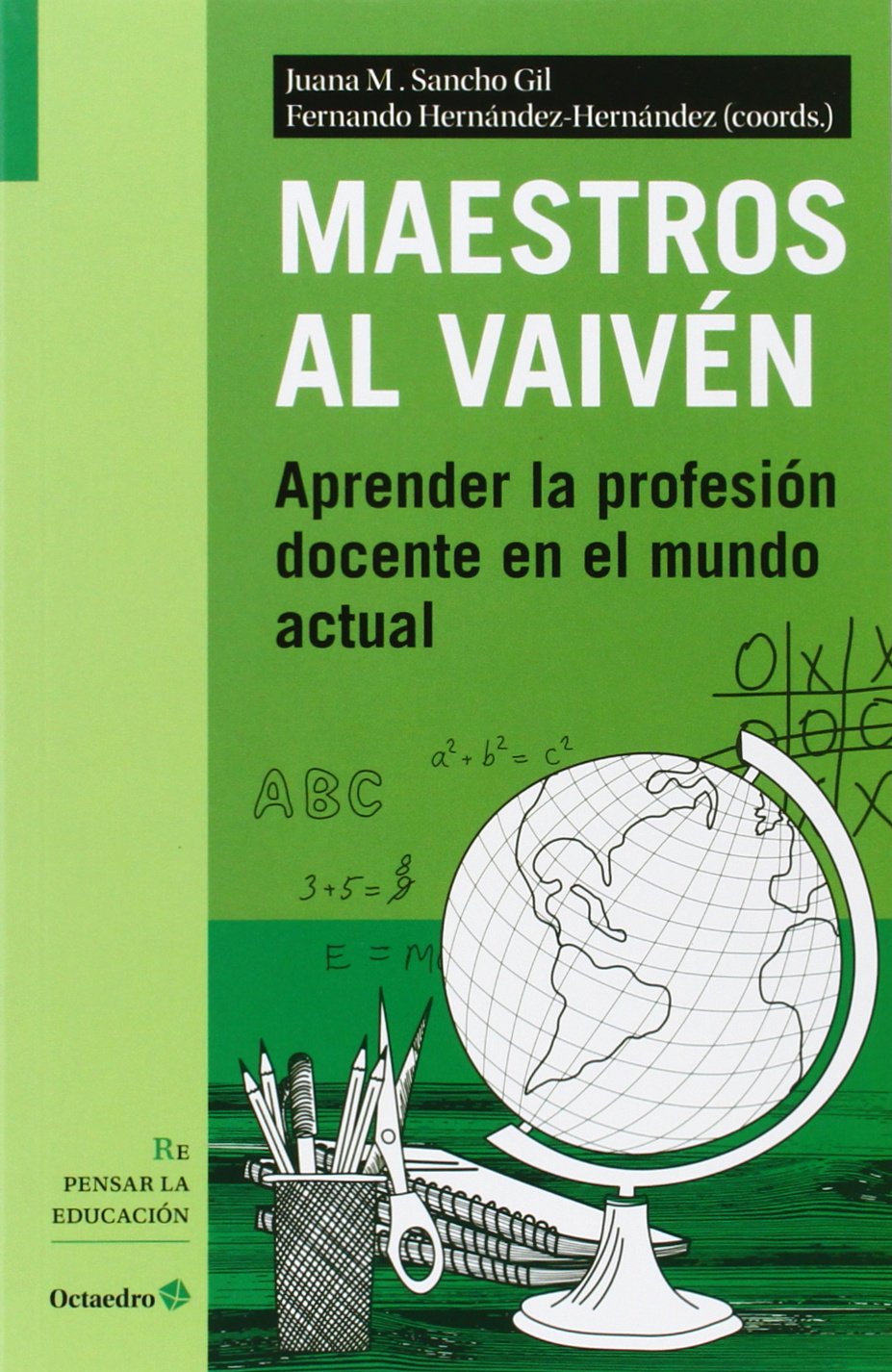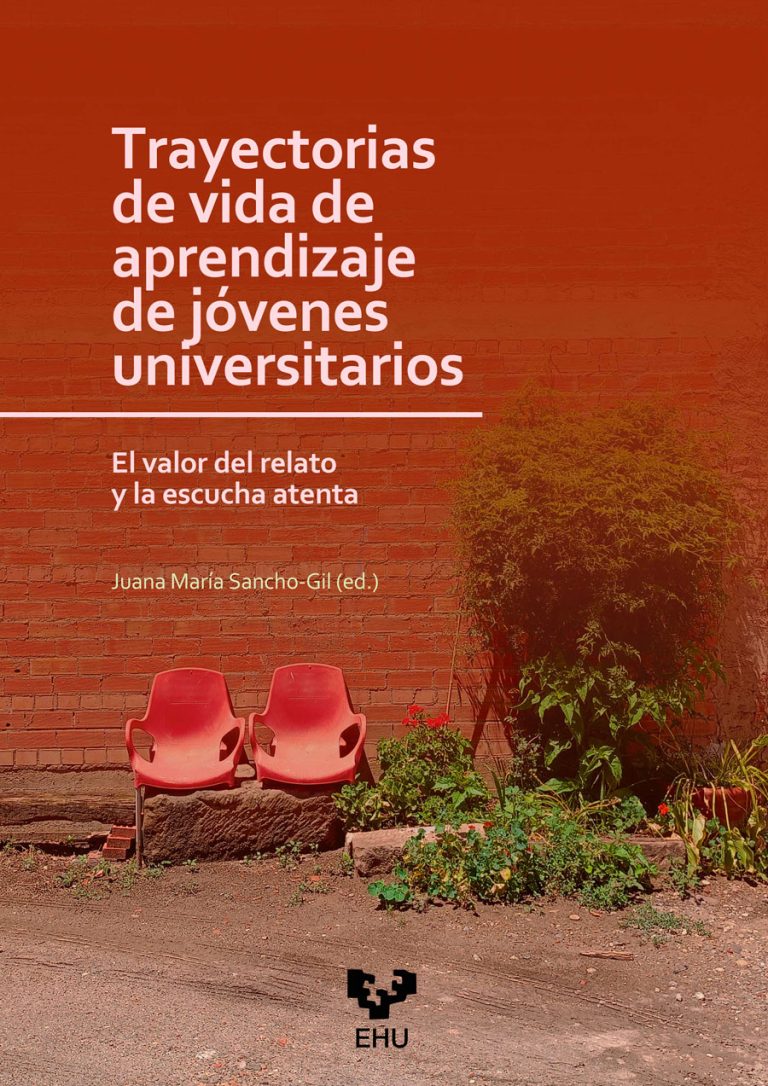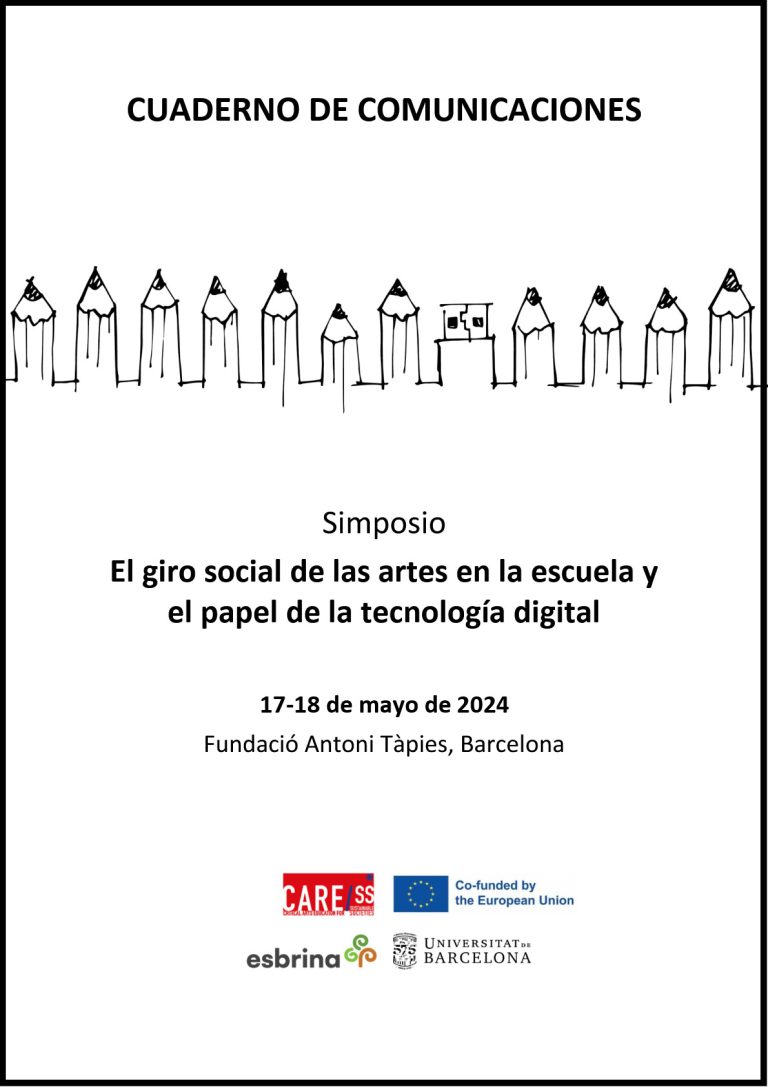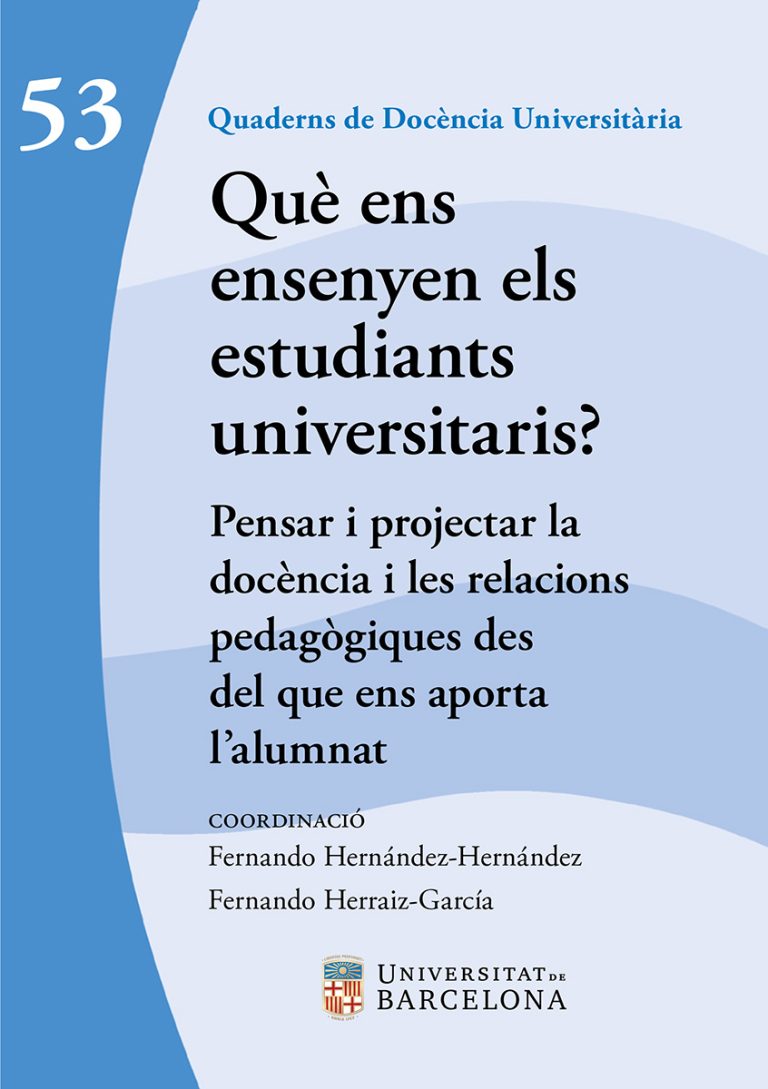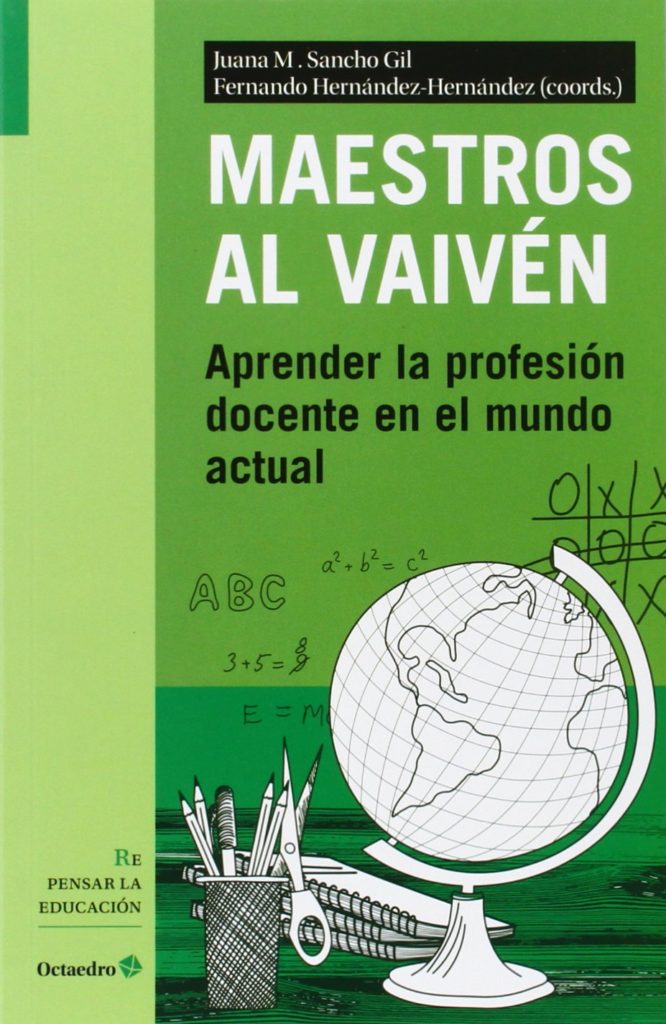
Being a primary teacher, specially a female primary teacher, is still seen as an easy and comfortable job. Gee, their task seems to be to just maintain order and read out loud what the textbook says. But their reality is very different. Their task is considered more fundamental every day, for how important the teaching activities and environments they propose are for the development of the students. At this stage, the brain records in a special way the meaning of customs that will guide their attitudes toward learning and being. Moreover, teaching practice wraps around and follows a series of axis that imbue it with a high degree of complexity, intellectual and emotional demands, and a high degree of social commitment. Among those, we find government policies, the relationship with other teachers and with the school’s culture, the cognitive and affective work with a heterogeneous student body, the responsibility to foster their holistic development, the need to assess their learning, keeping in touch with families and the need for lifelong learning. All of that without forgetting their personal, cultural and social lives.
In this book we explore, analize and interpret, according to research evidence, a body of different themes that configure and help understand what it means to learn to be a teacher in the current world. Something that can be interesting for teachers themselves, as well as schools, families, teacher trainers and policy makers. Everyone who is engaged in making sure we have the education we require today, and achieving a more equitable and democratic society.
Coordinators
- Juana M. Sancho
- Fernando Hernández
Editorial Octaedro, 2014
ISBN: 9788499215839
